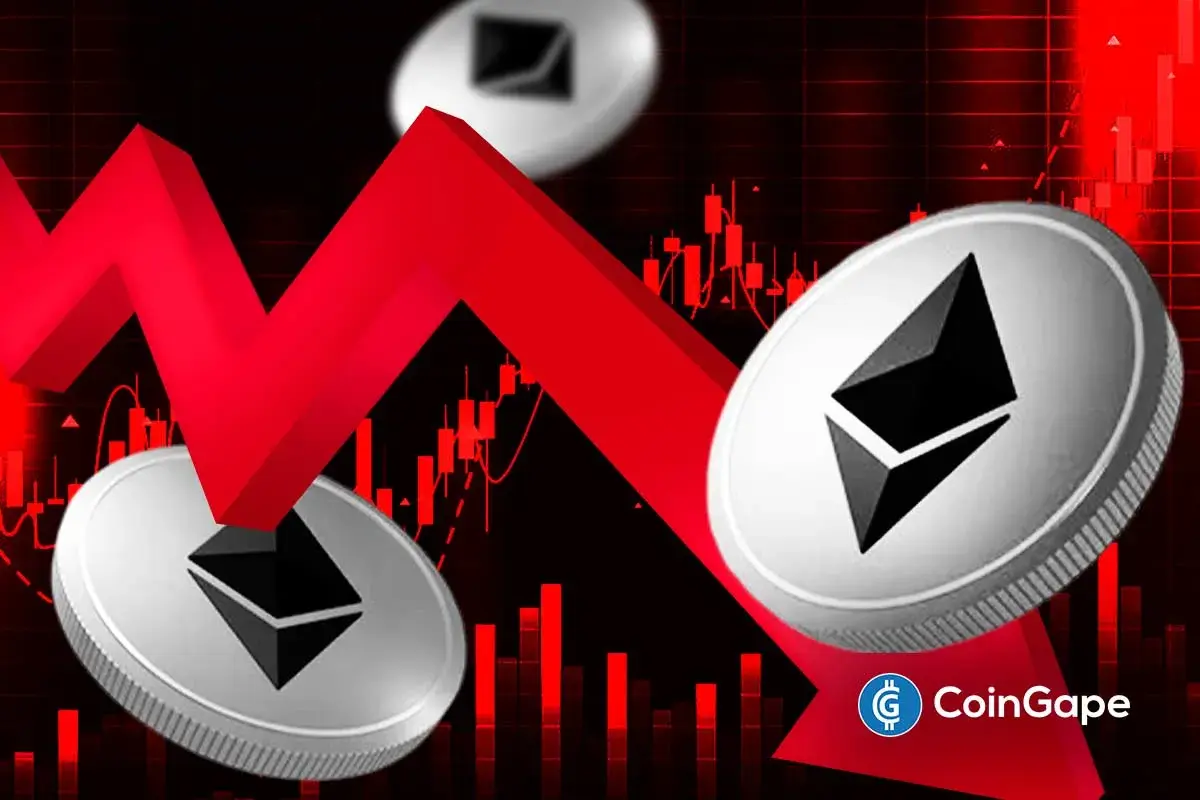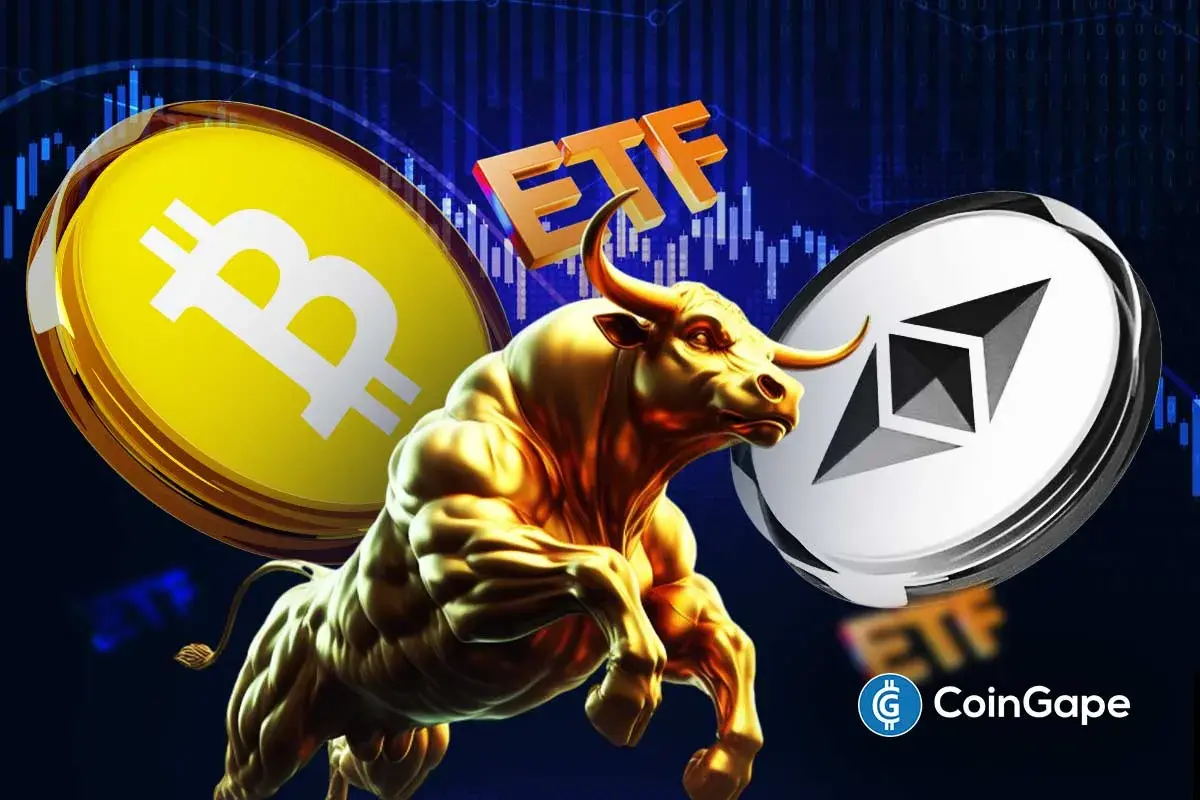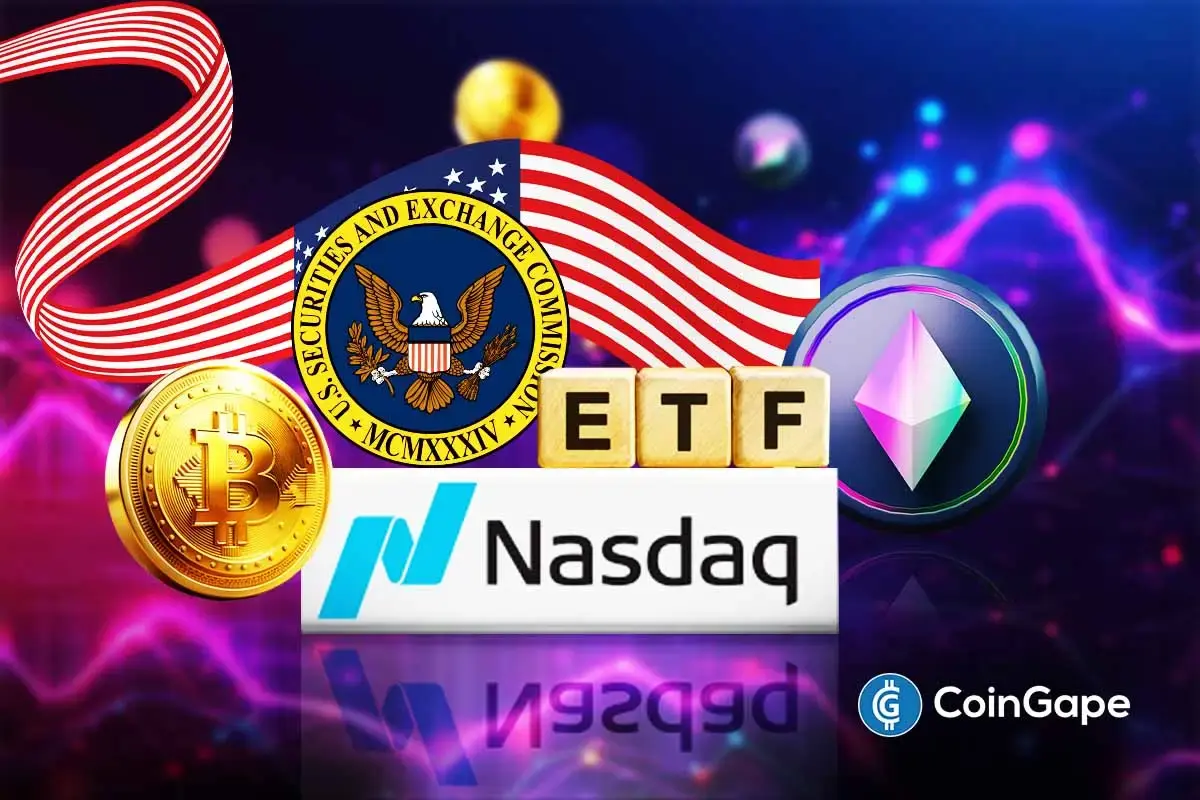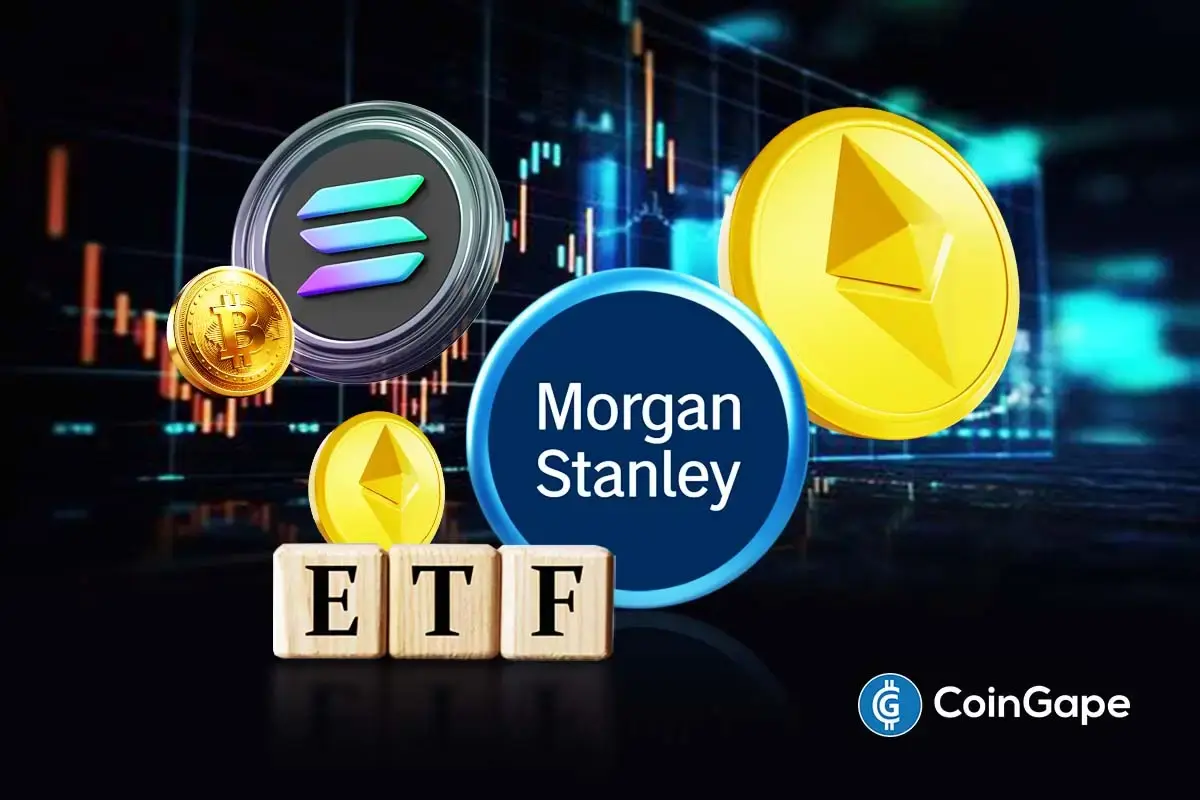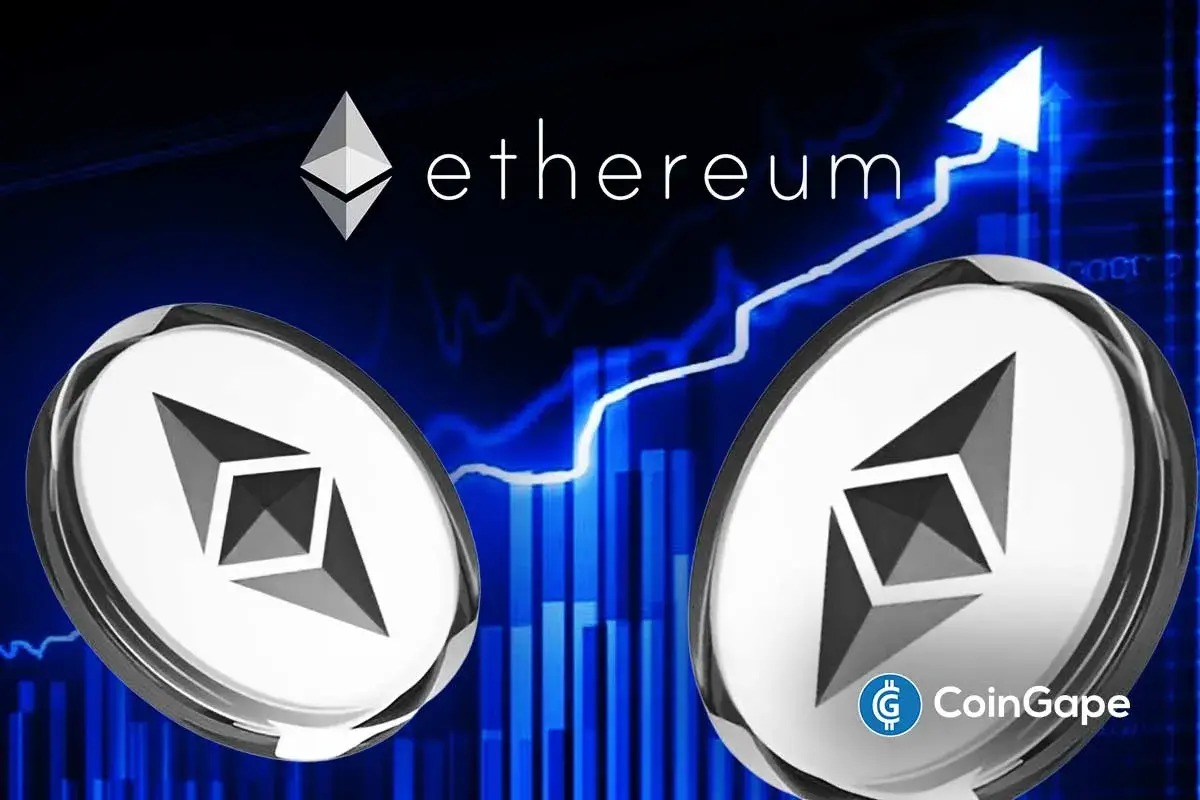U.S. SEC To Approve 19b-4 for Spot Ethereum ETF, What It Means?

Highlights
- The approval of 19b-4s would permit spot Ethereum ETFs to be listed on exchanges.
- Even if the SEC approves the 19b-4 filings, it may delay the approval of the S-1 registration.
- The SEC's decision on spot Ethereum ETFs is crucial for the adoption of Ethereum.
With the spot Ethereum ETF decision pending this week, Nate Geraci, President of the ETF Store, offers insights into the potential outcomes for the week ahead. Approval from the SEC for spot Ethereum ETFs to trade on Wall Street hinges on the clearance of both the 19b-4s (exchange rule changes) and S-1s (registration statements).
Spot Ethereum ETH Approval
As we know, the spot Ethereum ETF will directly hold Ether as its underlying asset, and will trade on the stock exchanges just similar to stocks. However, for them to trade on exchanges, they must receive the SEC nod for both – 19b-4s as well the S-1 filings.
SEC decision deadline this week on spot eth ETFs…
SEC must approve both the 19b-4s (exchange rule changes) & S-1s (registration statements) for ETFs to launch.
Technically possible for SEC to approve 19b-4s & then slow play S-1s (esp given reported lack of engagement here).
— Nate Geraci (@NateGeraci) May 19, 2024
Rule 19b-4 refers to the filing that a national securities exchange, such as the NYSE or Nasdaq, submits to the SEC when proposing to change rules or introduce new products. For Ethereum ETFs, the exchanges need SEC approval on these filings to list the ETFs. Essentially, this process involves the exchange requesting permission to add these new Ethereum products to their trading platforms.
The S-1 is the initial registration form required for new securities offered to the public. It provides the SEC and potential investors with detailed information about the company’s business operations, financial condition, and management. For ETFs, this document details the structure of the fund, its management, and how it intends to replicate the performance of Ethereum.
The SEC must approve both the 19b-4 filings and the S-1 registration forms in order to legally sell the ETFs to the public. The SEC typically has a statutory timeframe of 45 days, extendable up to 240 days, to make an initial decision on the 19b-4 filings. Approval of the 19b-4s permits the ETFs to be listed on exchanges. However, without approval of the S-1s, the ETFs cannot be legally sold to investors.
Chances of A Delay
Even if the U.S. SEC approves the 19b-4s, it can go slow with the approval of the S-1s. This also means that the regulator can take even longer in order to review and approve these documents. Also, the lack of engagement between the issuers and the SEC highlights that the regulator could undertake a more cautious approach due to the complexities and risks involved with crypto products.
The decision on Ethereum ETFs is crucial, as approval could boost mainstream adoption of Ethereum and offer a more regulated and secure investment environment for those interested in cryptocurrency. Conversely, a delay or denial might indicate ongoing regulatory concerns about the stability and security of cryptocurrency investments.
As the decision looms around, the Ethereum price has given a partial bounceback to $3,100 over the last weekend.
Play 10,000+ Casino Games at BC Game with Ease
- Instant Deposits And Withdrawals
- Crypto Casino And Sports Betting
- Exclusive Bonuses And Rewards

- Bitcoin Treasury Firm GD Culture Authorizes Sale of 7,500 BTC as Expert Warns Of More ‘Pain’
- USDT And USAT Get Adoption Boost as Tether Invests in Whop for Faster Settlements
- BTC Price Rises as U.S. Plans to Hold Trump Tariffs on China Steady
- Crypto Market Soars on Rumors of Trump’s 0% Tax Policy for Digital Assets
- Hong Kong Set to Launch Tokenized Bond Platform and Issue First Stablecoin Licenses
- Ethereum Price Reclaims $2K- New Rally Ahead or a Temporary Bounce?
- COIN Stock Price Prediction as Wall Street Pros Forecast a 62% Surge
- Cardano Price Signals Rebound as Whales Accumulate 819M ADA
- Sui Price Eyes Recovery as Third Spot SUI ETF Debuts on Nasdaq
- Pi Network Price Eyes a 30% Jump as Migrations Jumps to 16M
- Will Ethereum Price Dip to $1,500 as Vitalik Buterin Continues Selling ETH?

 Buy Presale
Buy Presale





